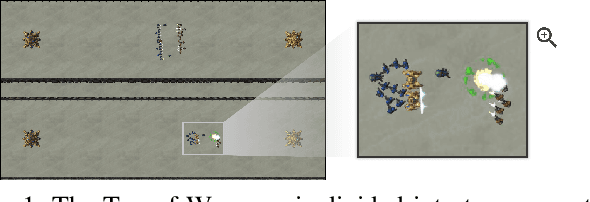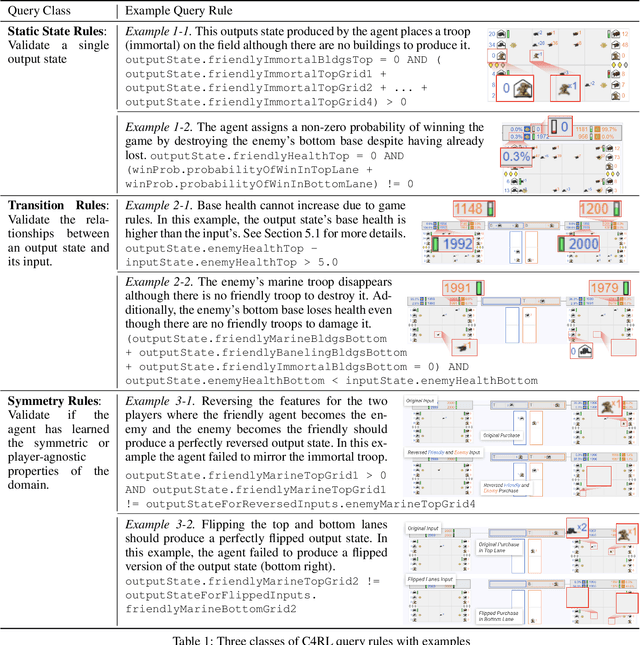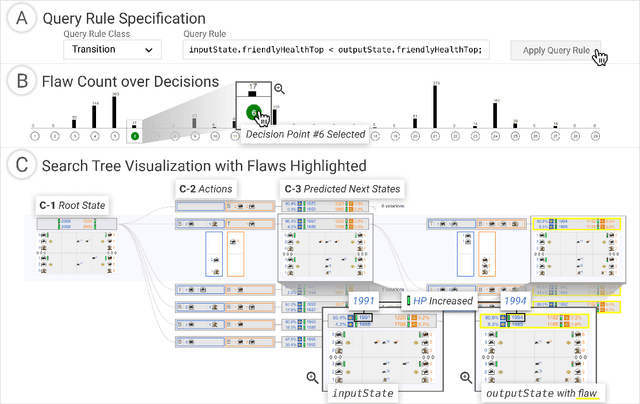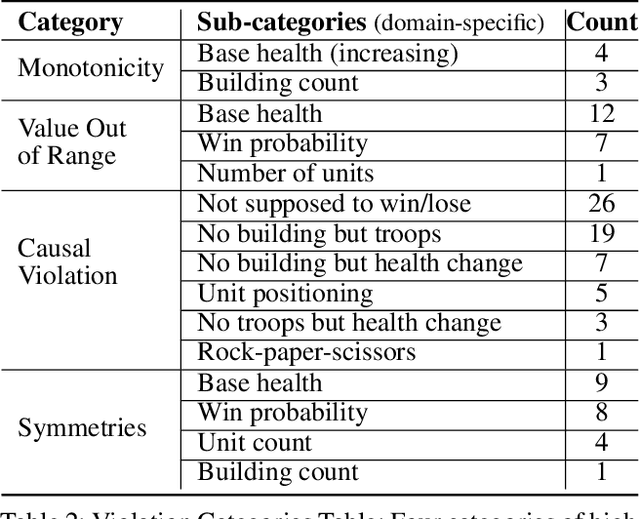Beyond Value: CHECKLIST for Testing Inferences in Planning-Based RL
Paper and Code
Jun 07, 2022



Reinforcement learning (RL) agents are commonly evaluated via their expected value over a distribution of test scenarios. Unfortunately, this evaluation approach provides limited evidence for post-deployment generalization beyond the test distribution. In this paper, we address this limitation by extending the recent CheckList testing methodology from natural language processing to planning-based RL. Specifically, we consider testing RL agents that make decisions via online tree search using a learned transition model and value function. The key idea is to improve the assessment of future performance via a CheckList approach for exploring and assessing the agent's inferences during tree search. The approach provides the user with an interface and general query-rule mechanism for identifying potential inference flaws and validating expected inference invariances. We present a user study involving knowledgeable AI researchers using the approach to evaluate an agent trained to play a complex real-time strategy game. The results show the approach is effective in allowing users to identify previously-unknown flaws in the agent's reasoning. In addition, our analysis provides insight into how AI experts use this type of testing approach, which may help improve future instantiations.
 Add to Chrome
Add to Chrome Add to Firefox
Add to Firefox Add to Edge
Add to Edge